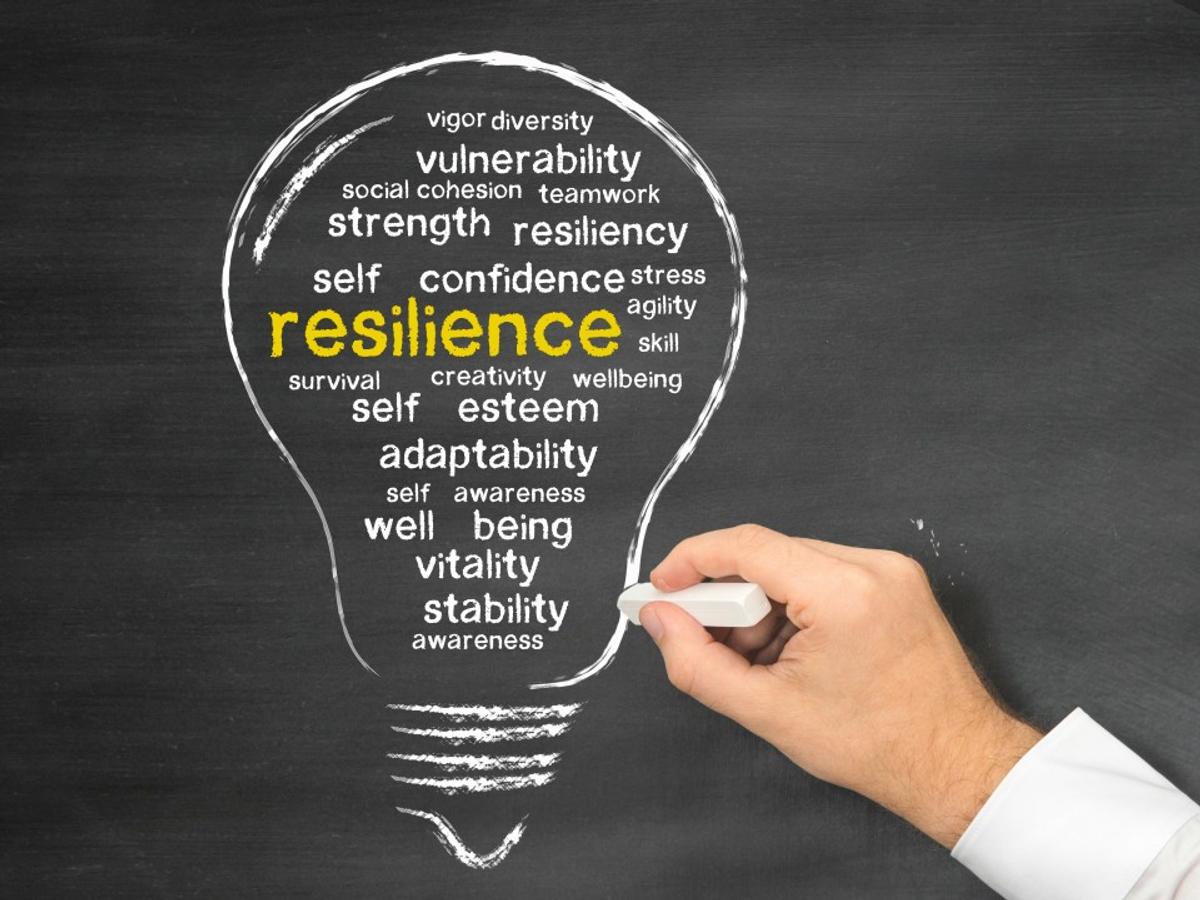POSITIVE BEHAVIOUR FOR LEARNING

Our Core Values:
I am Responsible when I...
I am Respectful when I.....
I am Resilient when I....
This week our students began to consider and discuss the word resilience
What does resilience mean?
- Examples of being respectful, acting with respectfully, having respect for others and myself
- Why is being respectful is important
- How being is being respectful better for me and the school
Paralympic resilience ( From PlanetK2 Blog)
We tend to use the word resilience to refer to our ability to bounce back from setbacks – rejection at work or in our personal life, or some kind of loss. It’s seen as the ability to bounce back quickly, stay strong and retain inner belief. It’s also about keeping your performance standards high when conditions are tough and daily life throws its normal dose of trials and tribulations at you!
One thing I’ve noticed is that many of the Paralympic athletes I’ve worked with are supremely good at this. They have more than their fair share of daily challenges – try spending a few hours with a wheelchair user in London or any city and you’ll soon understand! Their ability to just deal with whatever is thrown at them is remarkable, and in my experience, surpasses the ability of Olympic athletes.
A root cause?
Where has this ability come from? Well, partly having overcome significant challenge, there’s no doubt. Some Paralympians have had a major event or trauma to deal with. Others – with congenital disabilities – have had continual challenge to overcome from birth, which will typically include physically not being able to do some things, and, sometimes more damagingly, being told that you can’t do some things!
It’s easy to simply say that Paralympians (and others who’ve experienced and overcome significant challenge in their lives) are more resilient because of that. What doesn’t kill you makes you stronger, right?! But while exposure to challenge helps you be stronger, it’s not enough or sufficient to make you stronger and resilient – and in some instances it can create the opposite effect.
A resilient mindset
One thing I’ve noticed – and been inspired by – is the choice of Paralympians to focus on ability, not disability. Their focus is pretty consistently on “what can I do” and “how do I do that with what I’ve got”. This mindset is a key to resilience. It’s a mindset that’ll not only help you deal with setbacks but be constantly engaged in exploring ways to be better, to push boundaries, to deliver more with less. And in a performance arena, it equates to tremendous resourcefulness and innovation. If you’re in any doubt, check out Matt Stutzman, a US archer who was born without arms and won silver at London 2012!
A choice
There’s much we can all learn – as I have – from our Paralympians. In the end, it comes down to choice – a choice of mindset and behaviour. Choose your attitude. Accept the reality of the world you live in. Deal in possibilities, not impossibilities. Explore opportunities to push the boundaries. And treat setbacks as little hurdles and great opportunities to learn and increase your resilience!
The Resilience Project app
This app is a daily well-being journal where you can identify and track your emotions, record moments of gratitude, and practice mindfulness. The aim is to develop emotional literacy, engage with the positive things in life, and be actively present.
The app is suitable for all ages, and includes the option to create profiles for each member of the family. Download via iTunes or Google Play.



